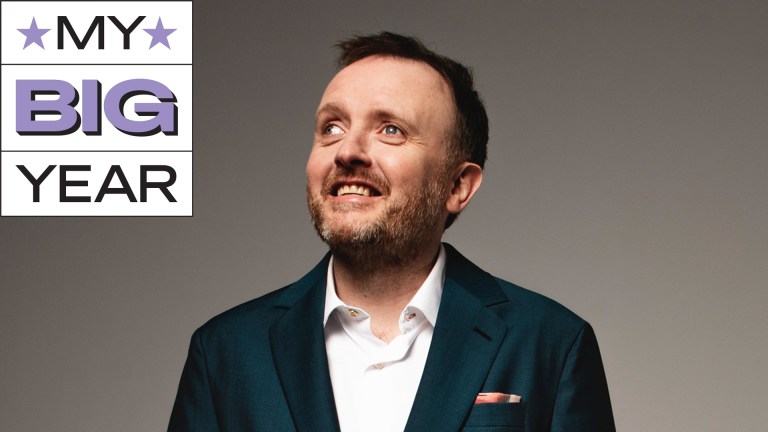An early machine translation expert, Bar-Hillel, pointed out the impossibility of getting a computer translation program to understand even the simple phrase “the box is in the pen”. Only our knowledge of the world around us allows us to find a possible sense in this apparently odd sentence.
Meaning therefore arises from context and, by extension, from the external context of culture. Modern sociolinguistics describes the dynamic relationship between a culture and its language, each shaping the other with endlessly creative vitality.
What can life be like for the Algonquin native Americans who have no word for time
We experience puzzlement when we find a culture has no word for something that to us is basic, familiar and an essential part of our reality. What can life be like for the Algonquin native Americans who have no word for “time”? Or for those Australian aboriginal language speakers who have no word for “left” or “right”?
The Australian Law Reform Commission published a report in 1986 which drew attention to the difficulties of interrogating aboriginal suspects due to the conceptual gaps between English and, for instance, Pitjantjatjara.
That tongue has no word for “because” and therefore cause and effect, along with other relational aspects, are conceived and expressed quite differently. Notions of time, place, number and kinship are also far removed from those of a typical English-speaker. “Day” or “yard” can be taken to be any unit of time or place, rather than exact measurements.
The report makes clear that, as a result, undue suspicion falls on those unable to give the clear, precise and therefore trustworthy answers much loved of white judges. Not to put too fine a point on it, in a court of law where languages cross such a cultural gap, we can see the huge potential for injustice.
On a larger scale, the potential for huge misunderstanding can arise in diplomatic exchanges. Mistrust arises, especially in politics, when trying to cross an untranslatable gap.
When Jiang Zemin, the Chinese president, visited the US in 1997, he caused much fuss by suggesting the idea of “democracy” originated 2,000 years ago with Chinese philosophers. Liberal American commentators thought this absurd. But as Elvin Geng, graduate in Asian Studies, points out: “The word ‘minzhu’ first appeared in a classic work called Shuji where it referred to a benevolent ‘ruler of the people’, that is, a leader whose legitimacy rests on the people’s welfare… In Chinese, the one term can mean ‘rule of the people’ as well as ‘ruler of the people’.”
Both uses of “minzhu” share the sense that the government ought to operate to meet the needs of the people. This criterion may be fulfilled by an enlightened dictator or a Leninist regime as well as by a US-style constitutional democracy.
The concept of human rights equally leads to misunderstanding between China and the West because of the Confucian ideal of natural harmony lingering in the word “quan”. Says Geng: “The Chinese do not assume an adversarial relationship between the state and individual – a notion prominent in the Western understanding of rights.”
Yes, to live another life is, without a doubt, at least a step towards international understanding. A colleague who has seen me break into Spanish at book fairs once commented, “You become another person.” I like that. In my recent book, In Other Words, I try to give others a taste of what it is to cross over into other cultures and live in them oneself, even live them
in oneself.
In Other Words by Christopher J Moore is out now (Modern Books, £9.99)
Image: Thomas Hawk/Flickr









